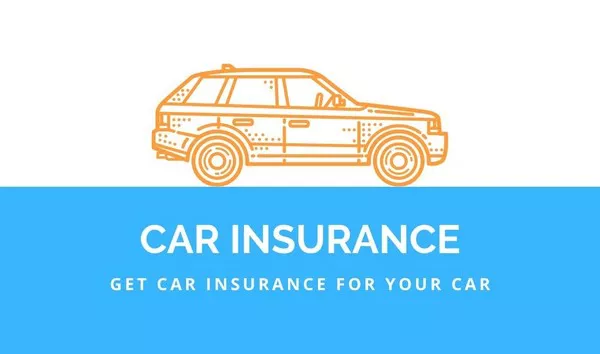Car insurance is not just a legal requirement; it’s a crucial financial safety net that protects you and others on the road. However, life can get busy, and financial situations can change. If you’re ever tempted to skip paying your car insurance premiums, it’s important to understand the potential consequences. In this article, we’ll discuss what can happen when you don’t pay your car insurance and why it’s essential to stay current on your payments.
Lapse in Coverage:
Driving Without Coverage: When you fail to pay your car insurance premiums, your coverage will lapse. This means you’re driving without insurance protection, which can have significant legal and financial implications.
Legal Penalties: In most places, driving without insurance is illegal and can lead to fines, license suspension, and even impoundment of your vehicle. These penalties can vary depending on your location and the number of previous offenses.
Financial Consequences:
Out-of-Pocket Costs: If you’re involved in an accident without insurance, you’ll be personally responsible for covering medical expenses, property damage, and legal fees. These costs can add up quickly and put a strain on your finances.
Repair Expenses: Even if you’re not at fault in an accident, not having insurance means you’ll need to pay for your own vehicle repairs. This can be especially challenging if your car is severely damaged.
Difficulty in Reinstating Coverage:
Higher Premiums: If your coverage lapses, insurers may view you as a higher risk. When you decide to reinstate your coverage, you might face higher premiums due to the perceived increased risk.
Limited Options: Some insurance companies might be hesitant to provide coverage if you’ve had a lapse in insurance. This can limit your options and potentially lead to higher costs.
Impact on Future Coverage:
Long-Term Consequences: A lapse in coverage can have long-lasting effects on your insurance history. It might result in higher premiums for years, making it more challenging to find affordable coverage.
Potential Denials: Some insurance companies might outright deny coverage to individuals with a history of coverage lapses, leaving you without insurance options.
Legal and Financial Responsibility:
At-Fault Accidents: If you’re at fault in an accident while uninsured, you’re legally responsible for the damages caused. This can lead to lawsuits and judgments against you.
State Requirements: Many states require you to carry continuous insurance coverage. If you’re caught without insurance, you might need to pay fines and meet certain requirements before you can legally drive again.
Conclusion
Skipping car insurance payments is a risky decision that can have serious consequences. From legal penalties to financial hardships and long-term impacts on your insurance options, the ramifications of not paying car insurance are far-reaching. Maintaining continuous coverage not only keeps you on the right side of the law but also provides the financial protection you need in case of accidents or unforeseen events. Always prioritize paying your car insurance premiums to ensure your safety and peace of mind on the road.


